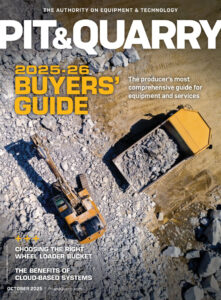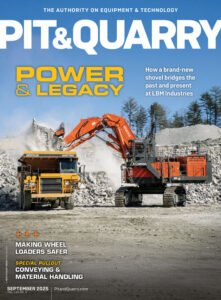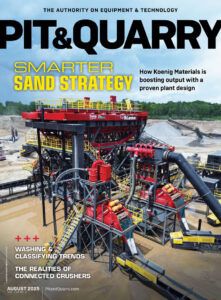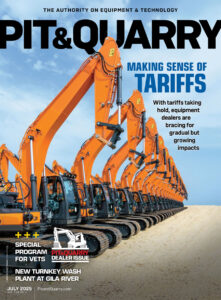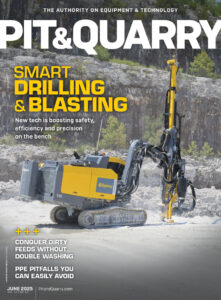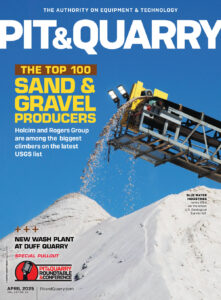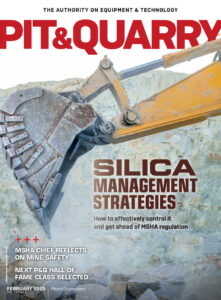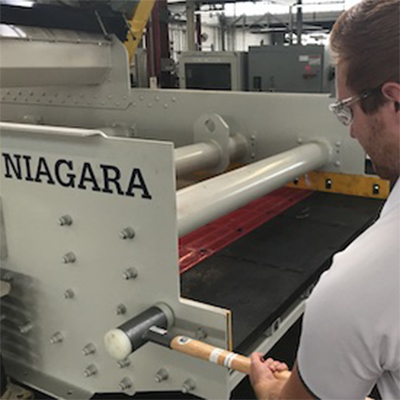
Haver & Boecker Niagara offers Impact Testing — also known as the hammer test or bump test — as part of the company’s quality assurance program during factory testing as well as on-site. Impact testing ensures each machine is properly tuned to avoid operating in resonance, ensuring efficient operation. With the opportunity to integrate impact testing data with other Pulse portfolio reporting and historical tracking, including Pulse Vibration Analysis and Pulse Condition Monitoring, Haver & Boecker Niagara can provide a more holistic view of the individual machine that helps customers maximize uptime through historical tracking. The company’s suite of Pulse diagnostic tools helps operations monitor the health of vibrating screens for optimum screening performance and equipment durability.
Operating in resonance can diminish productivity, incur damage to vibrating screens and pose safety risks. Impact testing involves striking the machine at key points with a dead blow hammer while the machine is off. It typically includes the four corners but can be expanded to additional areas. Collected data is analyzed to identify the machine’s individual natural frequencies. Based on the results, engineers can adjust machine parameters to avoid these frequencies during operation.
For more information about impact testing and Haver & Boecker Niagara’s service offerings, visit www.haverniagara.com.



